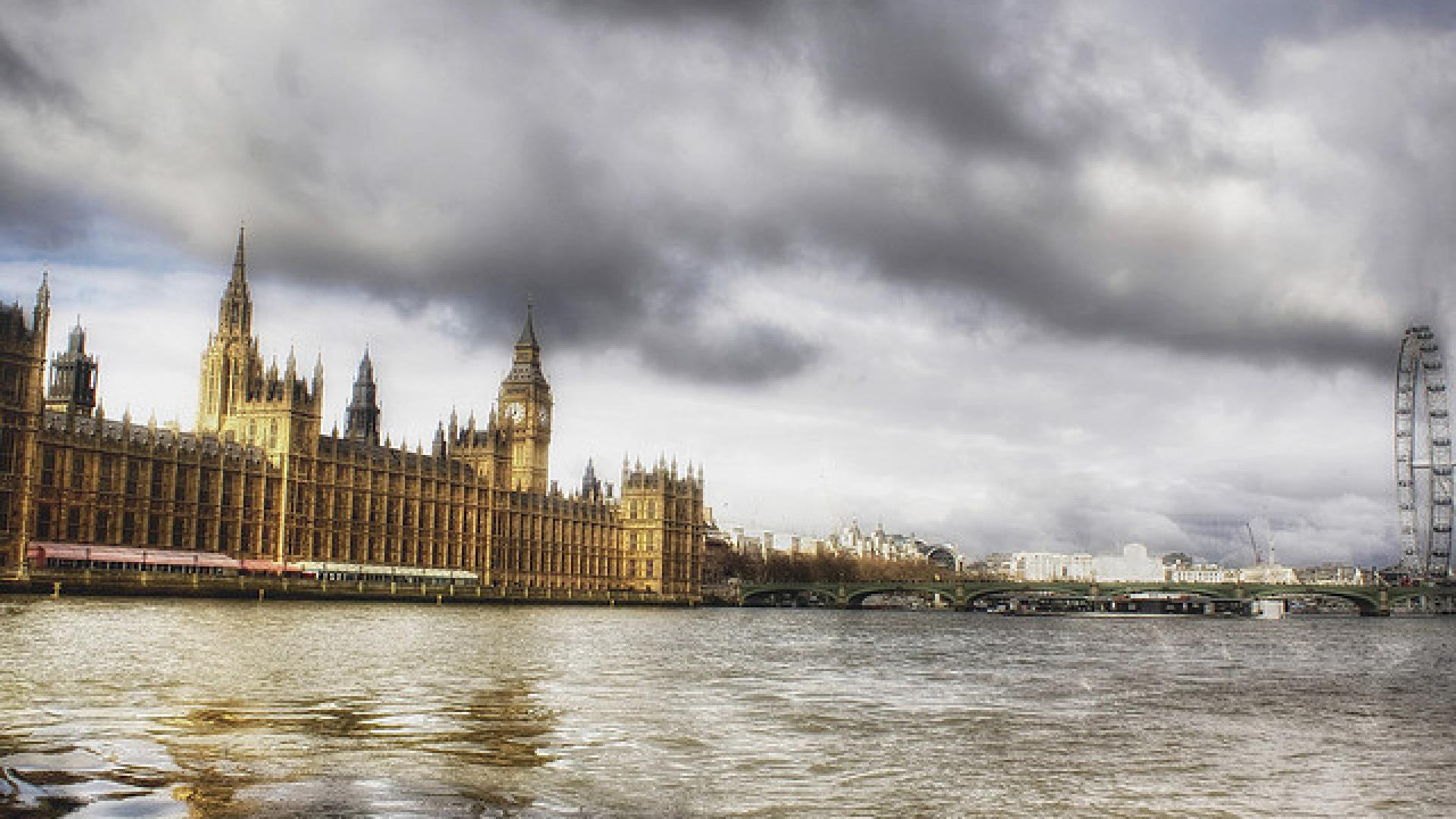The charity campaigning landscape is increasingly crowded. Today, charities need to put more thought into getting MP’s attention than five years ago. Drawing on our insights from the Charity Parliamentary Monitor, we give you five tips for making your mark at Westminster.
Results from our Charity Parliamentary Monitor show that it is more and more difficult for charities to stand out from the crowd at Westminster. We have been asking which charities directly impressed MPs for almost a decade and have noticed a change in the trend. In the first half of the decade, a small number of charities were impressing MPs. This pattern shifted around 2007-2008 with MPs being less and less impressed. Now only a handful of charities manage to impress more than 10% of MPs.
What does this mean for the sector? It suggests a higher level of activity at Westminster in terms of quantity and quality. Not only are there more charities running campaigns at Westminster, but these campaigns are also better targeted. The Charity Commission mentioned in its Guidance on Campaigning and Political Activity by Charities (CC9), there is definitely ‘an increase in the sophistication of campaigning and political activity carried out by charities[fn]http://www.charity-commission.gov.uk/Publications/cc9.aspx#2[/fn].
So how do you make your mark on Westminster?
- Planning, planning, planning. There is more competition and noise at Westminster. Plus the policy agenda is moving fast. So organisations always need to plan for what is coming next. The real barrier to success in campaigning is poor planning. Timing is probably one of the most important things to get right when undertaking parliamentary work. Being aware of the Westminster agenda, the system and key dates is crucial. Ideally your campaign strategy would be built around these. Use the Party conference to schedule some meetings with key parliamentarians and make them sign a pledge. You need to get involved as early as possible in debate about your issues. The earlier the better. Repeating your campaign is also important: the more you insist the higher the chance MPs will take heed. Get to know the MPs who are working on your issues. Make your first contact meaningful: a briefing or a face-to-face meeting are both good approaches.
- Have a clear ask. If you want results you need a clear ask, something MPs can take action on. MPs who are aware of your campaign are necessary but insufficient; if they don’t take action why bother. Many charity campaigns are known by numerous MPs but only a few manage to be translated into actions. So how do you get over the try line? From our research, campaigns which manage to get MPs to take action are the ones with a clear ask. The wording needs to be simple and action-oriented. Keeping it practical is often an effective approach. For example, last year the British Heart Foundation campaign on emergency skills received a fair amount from Labour MPs stressing how important these skills are “A few basic skills can save lives”, “First aid should be taught in schools as part of civic course”. Also be realistic in what you ask: PQs, debates and media action are generally more difficult to achieve while EDM, sending a letter to minister and meeting with constituents are much easier.
- Make the most of your supporter. From our research, we know that MPs can’t often remember which parliamentary receptions they had been too. So again, you need to make the most of your event. Organising events that bring constituents to Westminster can be effective. Some events like the Breakthrough Breast Cancer’s annual Westminster ‘Fly-in’ which was bringing together local campaigners to lobby at Westminster or Diabetes UK school children campaign where 220 children with diabetes went to Westminster in November 2008 were particularly noticed by MPs. They praised events that were well organised with good content and briefing materials as well as those offering the opportunity to meet people, particularly charity ambassadors and celebrities. Bringing constituents to Westminster can work a treat. Sometimes the best option for charities is to think local and meet MPs on their own turf.
- Think local. Constituencies are often neglected, but they can be your secret weapon. Many charities focus all their resources on Westminster, but are seeing diminishing returns as Westminster gets more and more overcrowded. So if you’re struggling to get heard at Westminster, the best option is to approach them in their constituency. MPs from the majority party have a duty to listen whilst those in opposition often want to show support for under-represented causes. If your charity has a local branch, you could invite the MP for the local area along with the press which could be a great opportunity for MPs, your organisation and its local branch. Local supporters also have the chance to enjoy their moment in the limelight.
- And finally don’t rest on your laurels. A successful parliamentary reception or a good campaign is not enough. You always need to follow up to keep up the momentum and then follow up some more. Being proactive and also reactive are key. Timely briefings in time for a parliamentary debate will always be really appreciated. There is nothing worse than a disappointed MP stating about an organisation ‘They have gone quiet’
If you have any questions, please contact the CPM team or call on 0207 426 8888

